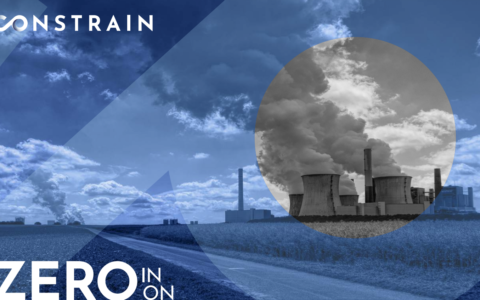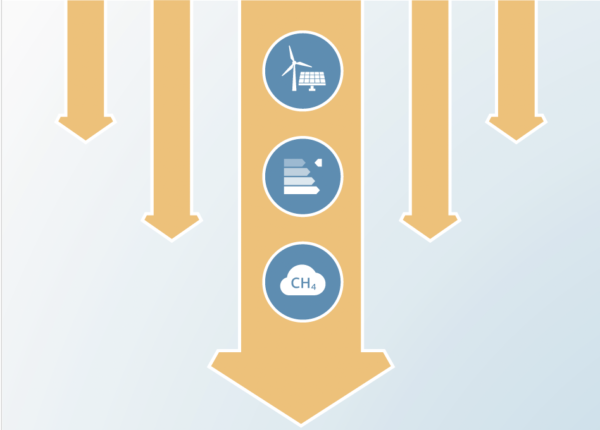ZERO IN on a new generation of climate models, COVID-19 and the Paris Agreement
Authors
Debbie Rosen, Alexander Nauels, Katarzyna B. Tokarska, Christine McKenna, Carl-Friedrich Schleussner, Joeri Rogelj, Piers Forster
Share

The annual ZERO IN reports by the CONSTRAIN project provide information on scientific topics that are crucial to the Paris Agreement, including background and context on new developments at the science-policy interface. This includes new insights into the complex processes represented in climate models and what they mean for temperature change and other climate impacts over the coming decades.
These advances in climate modelling are particularly relevant when it comes to the heart of the Paris Agreement: the Long-Term Temperature Goal (LTTG), put in place to avoid the most catastrophic impacts of climate change. The LTTG calls for “holding the increase in the global average temperature to well below 2°C above pre-industrial levels and pursuing efforts to limit the temperature increase to 1.5°C above pre-industrial levels”.
The latest generation of climate models (CMIP6) is improving our understanding of the climate system and where global temperatures are heading, including when we might pass the 1.5 or 2˚C thresholds, as well as the mitigating actions that can help us to avoid doing so. However, the new model results require careful interpretation.
We also need to understand how temperature change is measured in the context of the LTTG, to both assess how global temperatures have changed to date, and to use the models effectively in making decisions that affect our climate future. This is particularly important given the economic and societal choices the world faces in the light of the COVID-19 pandemic.
This year’s ZERO IN report therefore focuses on the new CMIP6 climate models and the science behind the LTTG, highlighting how improved understanding in both areas can help us to better plan for what lies ahead. In particular, we find that whilst the effect of COVID-19 on climate has so far been negligible, a green recovery could profoundly alter the trajectory of climate change over the next two decades. Our findings also reaffirm the importance of stringent near-term emission reductions and reaching net-zero CO2 emissions by 2050 to get the world on a 1.5°C pathway.
In addition, we provide our annual update on the remaining global carbon budget. This includes an estimate for the budget remaining from the start of 2021 alongside further context on the use of carbon budgets in national and regional policy.














